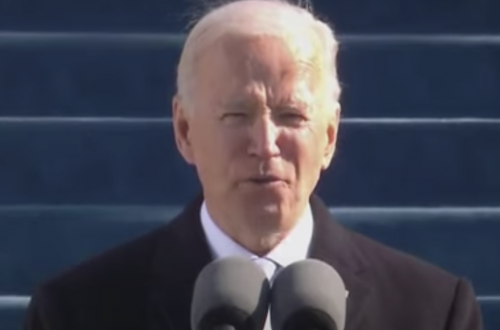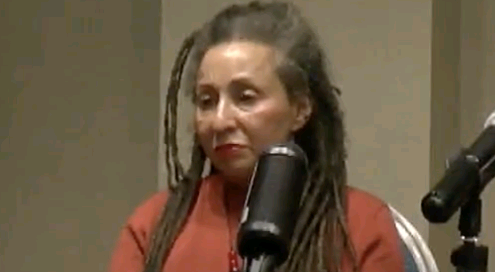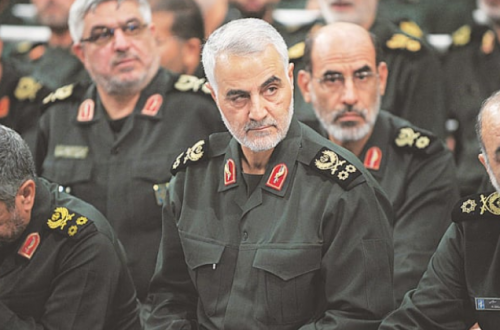Although those with commercial or suspected military ties to Israel are punished most severely by that country’s neighbours, there has been a recent trickle of more quietly dispiriting stories about attempts to stifle cultural and academic exchanges.
In Egypt, restrictions have been placed on Israeli visitors hoping to visit the tomb of a revered Rabbi, a site of pilgrimage popular with Israelis of Moroccan origin, and to which they have normally had at least some access since the peace treaty between Egypt and Israel was signed in 1979:
An Islamist politician involved in organizing protests against the march meanwhile said that visiting the gravesite in the village of Daymouta, 180 kilometers (112 miles) north of Cairo would be a “suicide mission” for Israelis.
“Normalization (of relations) with Israel is forced on the people, and the visits too come against the will of the people and despite popular rejection,” said Gamal Heshmat of the Muslim Brotherhood.
Donna Shalala, president of the University of Miami in Florida and former U.S. secretary of health, was greeted with protests when she went to collect an honorary degree at the American University of Beirut. Shalala is of Lebanese origin, and has long been an advocate for Palestinian rights. However she is also opposed to cultural and academic boycotts of Israel.
Some 40 protesters interrupted Shalala as she began her speech, with some shouting “boycott Israel” and others holding large banner that read “Boycott Zionist Shalala.”
A former AUB student handing out flyers that read: “I don’t want my university to honor someone who is on a normalization quest. Beirut has a history of resisting Zionism. There is no legal or moral reason to honor her.”
Algerian writer Boualem Sansal has also been targeted for his ‘normalising’ tendencies. He was awarded the Editions Gallimard Arabic Novel prize, but had to forego the £15,000.00 euros because Arab sponsors withdrew their support. The reason? He had attended the Jerusalem Writers Festival in May.
Commenting on the decision to withdraw the prize money, laureate Sansal said it was “completely unacceptable,” adding that Arab countries – and his home country, Algeria, in particular – had “shut themselves in a prison of intolerance.”
Sansal added that in order to truly help the Palestinians, individuals like himself should be able to visit Israel freely. “Yes, there are complicated relations with Israel, but we are not at war with them,” he said.
French cultural figures were quick to denounce the council’s decision as a capitulation to Hamas pressure.
Penultimately, on the subject of literary boycotts, here’s a link to a piece I wrote recently about responses to Alice Walker’s refusal to allow an Israeli publishing house to issue a translation of The Colour Purple. And finally, on a related but more positive note, I’m looking forward to hearing the Shani Choir sing at the Three Choirs Festival in a few weeks times.


